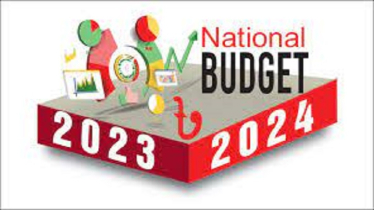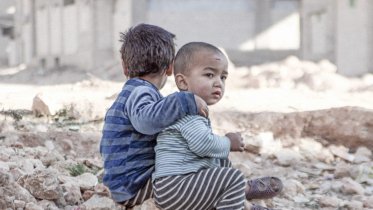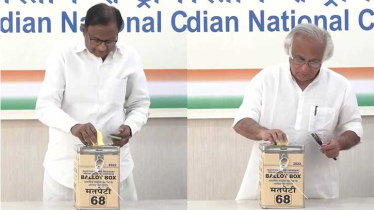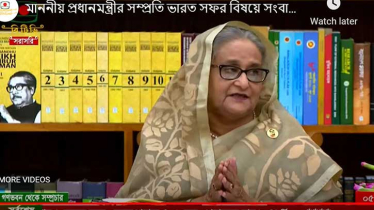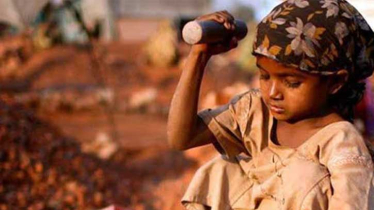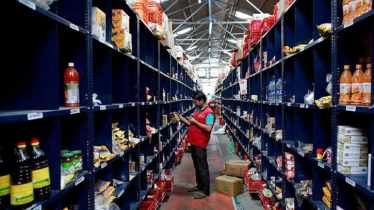
Photo: Nujhat Purnata...
The word “democracy” itself is quite ambiguous; shifting and changing meanings across time and space. According to Political Scientist Robert Dahl, one of the core characteristics of democracy is “the quality of being completely or almost completely responsive to all its citizens.”
This definition might be the definition on which we, those of us with Eurocentric education, base our understanding of what a democracy should be, but the word itself does not hold the same meaning for all people. The meaning of democracy is not universal. This point is made by Fredrick Schaffer in his book, “Democracy In Translation, Understanding Democracy in an Unfamiliar Culture.”
The book finds that, in Senegal, the Wolof speakers have a different idea of what democracy should be compared to the French speakers, whose idea of “democratie” is quite similar to American-English usage of the word. The Wolof speakers, however, perceive democracy or “demokaraasi” as means of clientelism and patronage, where they can earn a “fair distribution of material benefits” from the politicians.
The case of Senegal to me seems quite like Bangladesh where I have seen politicians hand out cash to villagers in order to win their votes and support. I have seen villagers line up outside the houses of their politicians in hope of gifts and cash. In village politics, a candidate’s qualifications may become irrelevant. What matters tangibly is the quality and quantity of tangible goods and services that a candidate is able to provide to the villagers. This happens because of two reasons, first, regarding the electoral process as a kind of economic exchange is perhaps the best option that poverty-stricken villagers might have for change or employment. More importantly, the villager’s understanding of democracy is patronage, instead of electoral processes and policy change.
In that aspect, and in other ways, no country in the world may qualify as a perfect democracy. Although a lot of nations like Bangladesh and Pakistan qualify as democracy on paper, these nations do not always function as democracies with the best interest of all its people in mind.
Perhaps Sociologist Seymour Martin Lipset was right when he said that increased economic growth creates an ideal political situation in which a democracy can flourish. If such is the case, then poverty diminishes the quality of democracy. In the poorest regions of the world, where the main concern of people everyday is whether they will get to have another meal, democracy cannot survive, persist, or flourish. Democracy was perhaps created for the west, where people could afford the luxury of politics but, the entire world is not a homogenous place where the same set of rules always apply. To paint the whole world with one brush is to portray a lie because the world that we live in is ever-changing and nonuniform.
“In Islam and Authoritarianism,” UC Berkley’s Professor M. Steven Fish showcases how a clausal chain of factors leads Islam to a lack of democratic ideals. In my own research, I have listened to Muslims talk about how the religion itself promotes male leadership and females are seen in supporting roles. A member of my designated target audience, people who identify as “Muslim” and grew up in a majority Muslim community, brought it up to me that all the prophets are male, and very few females are mentioned as role models within the religion. For some cultures, democracy can be a difficult notion to pertain because it does not integrate well with their religious and cultural theologies.
While Seymour Martin Lipset has argued that economic growth leads to democracy, another Political Scientist Robert D. Putnam has argued that associational life leads to democracy through “civic engagement” that increases general social trust in the community. Civic engagement and associational life are all luxuries that come after one satisfies their psychological needs and safety needs. According to Abraham Maslow’s hierarchy of needs, basic necessities such as food, water, and shelter and safety are the first needs that humans need to satisfy before people can move onto social belonging needs. Hence, countries or communities that struggle to meet their basic necessities do not create an idealistic atmosphere for democracy. Within a political economy, areas may have variations in civic engagement and economic prosperity. Hence some areas of the political economy may function more eloquently as a traditional democracy when compared to other lower income areas with a lower level of civic engagement.
Countries which are booming economically and have prosperous horizontal associational life contain more suitable grounds for a democracy to flourish. Democracy might work for those countries to some extent but to think that the western definition of democracy is possible everywhere is neglecting the variation that exists in the world. All societies have dissimilar circumstances, and democracy looks different everywhere. There are many intervening factors that affect the way a democracy is set up and run.
Western democracy has worked for many countries, and that may have been a result of homogeneity or economic growth, but not all countries of the world have historically been set up in a way in which the western definition of democracy can prevail, persist and sustain.
The writer has a Master of Public Policy from the University of Massachusetts Amherst, and has consulted for United Nations Environmental Program(UNEP) and worked at the United States House of Representatives.
U



